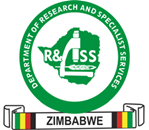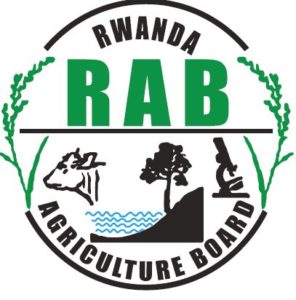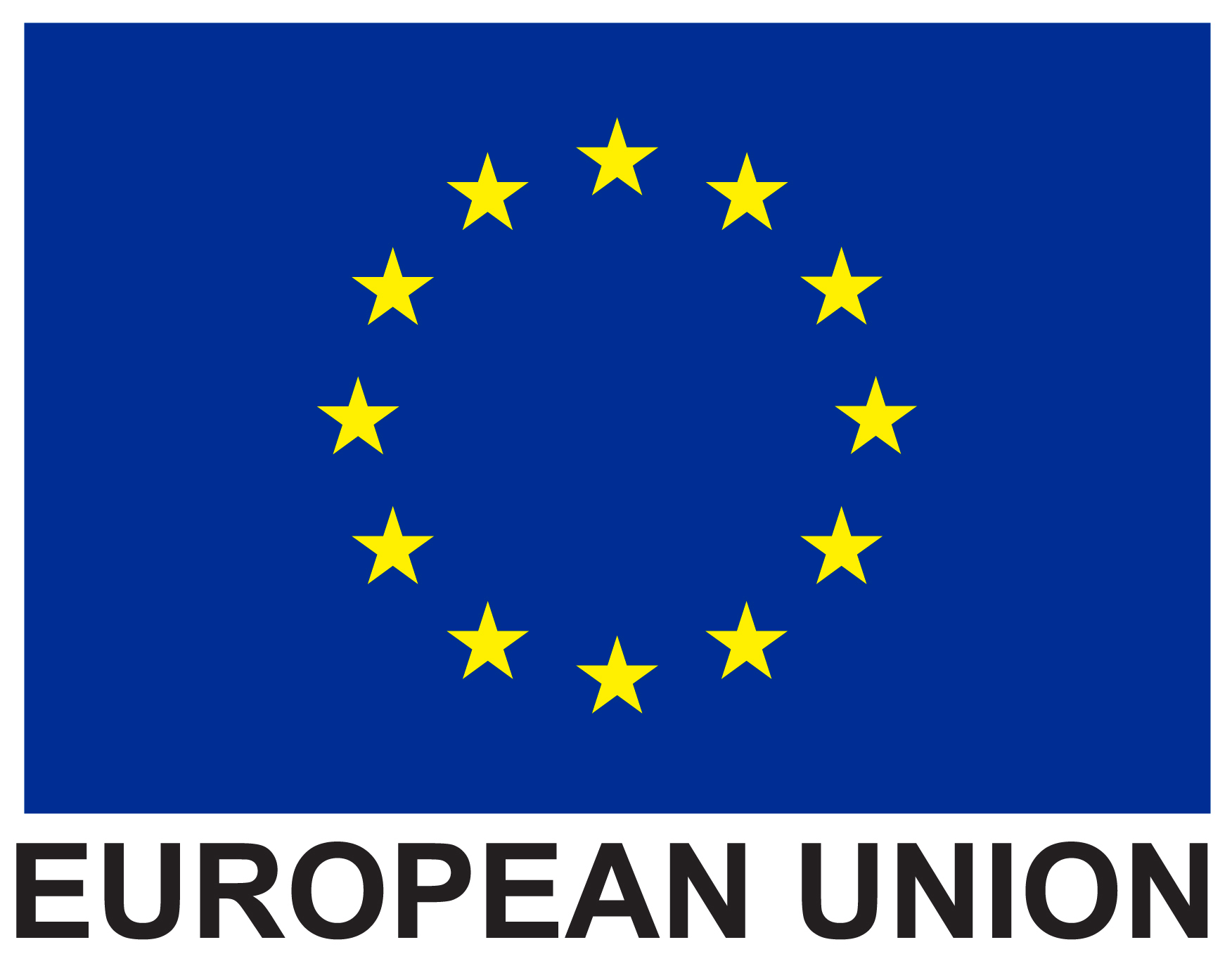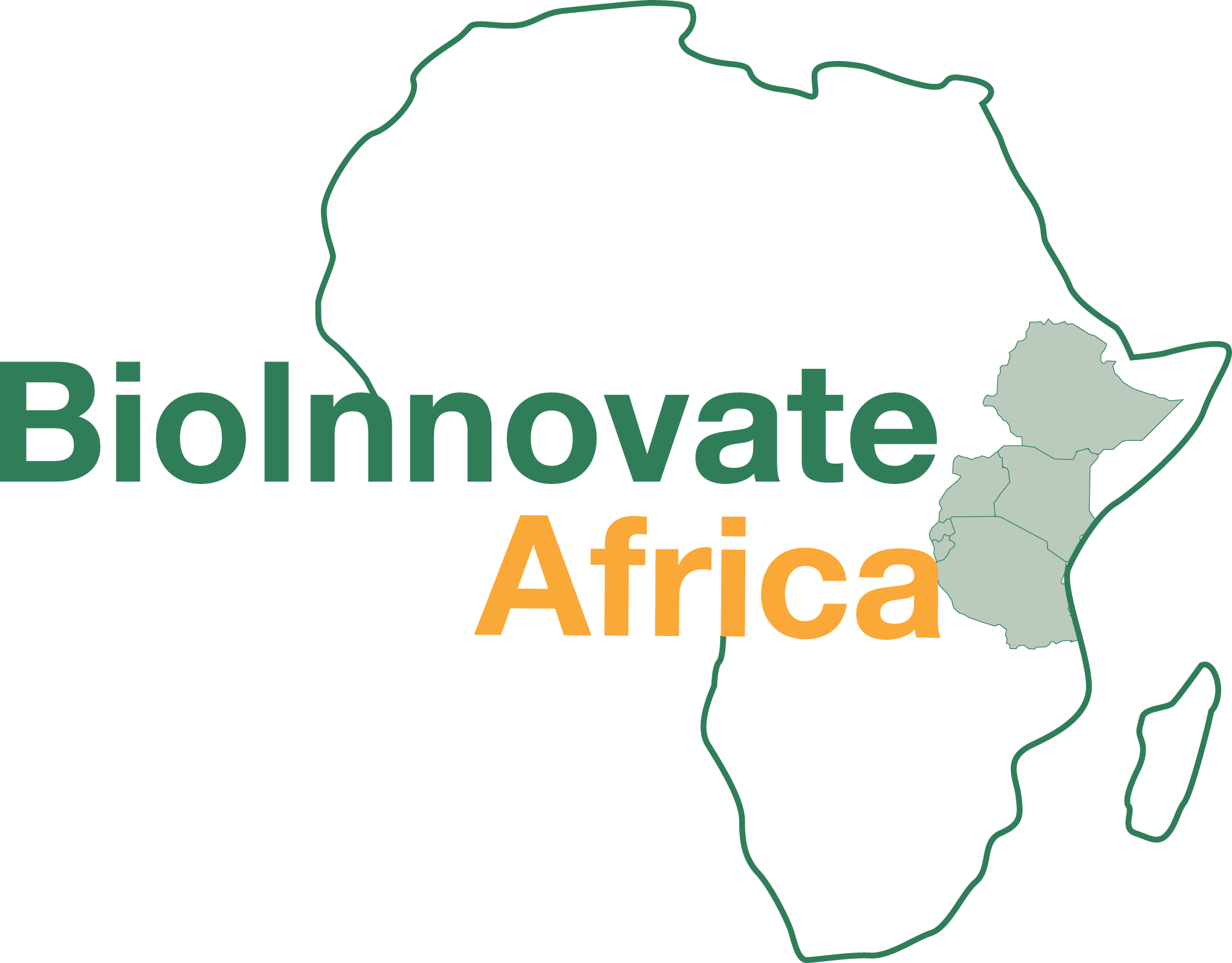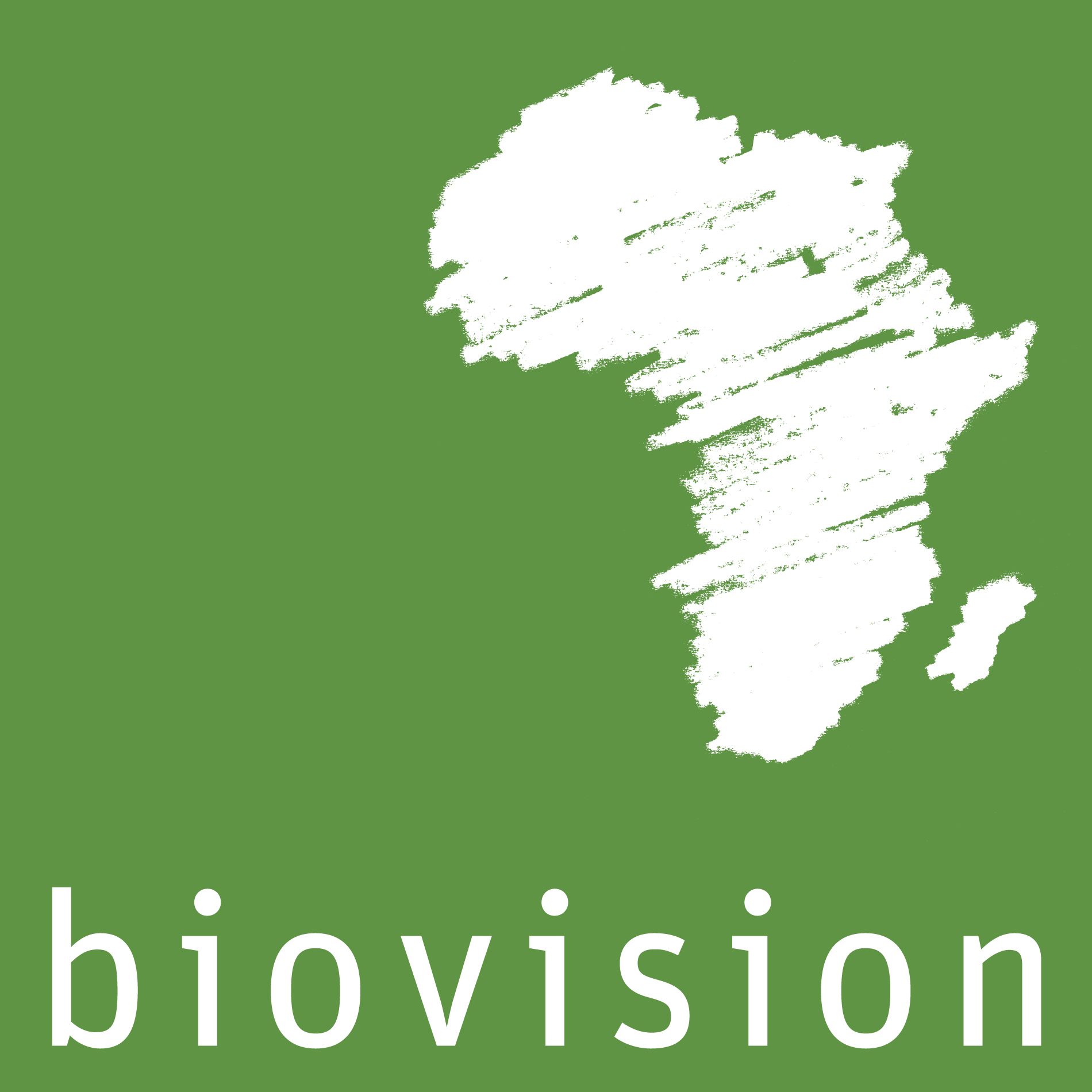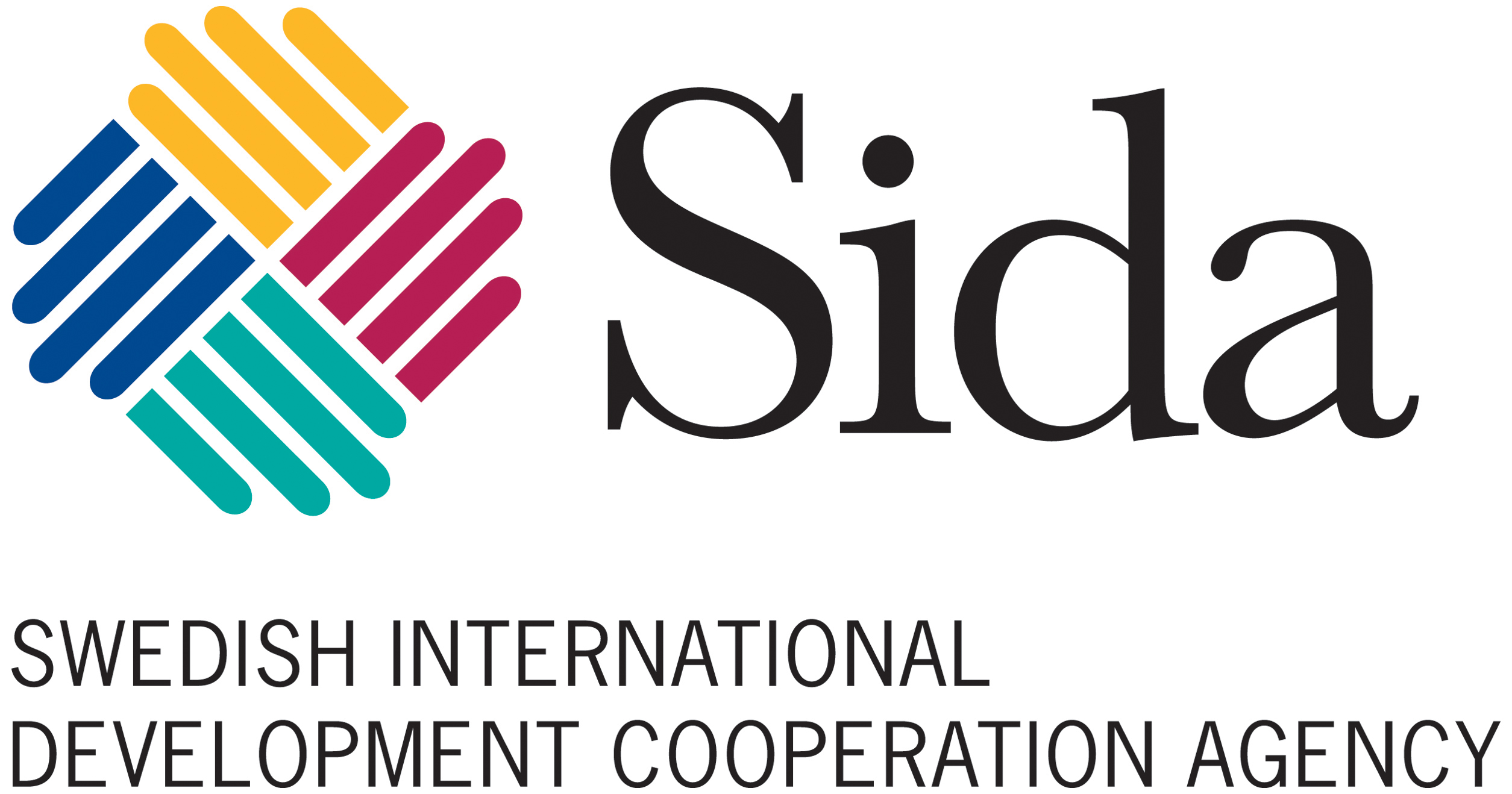The International Centre of Insect Physiology and Ecology (icipe), stands as the enduring legacy of the late internationally renowned Kenyan scientist, Prof. Thomas Risley Odhiambo.
icipe's mission is to help alleviate poverty, ensure food security and improve the overall health status of peoples of the tropics, by developing and extending management tools and strategies for harmful and useful arthropods, while preserving the natural resource base through research and capacity building.
The Centre's vision is to pioneer global science in entomology, to improve the well being and resilience of people and the environment to the challenges of a changing world, through innovative and applied research, alongside deep exploratory study, impact assessment, evaluation and sustainable capacity building.
Our Projects
Insect for Food and Feed
Use of insects as alternative sources of food for human consumption and feed for livestock is slowly gaining popularity in the world.
Insects are also valuable sources of minerals and vitamins essential for human development.
Tuta IPM
Tomato production is constrained by numerous biotic and abiotic factors. Among the former are arthropod pests, of which, Tuta absoluta is the key devastating…
Fall- armyworm IPM
Fall armyworm (Spodoptera frugiperda) is an insect pest which feeds on more than 80 varieties of crops including maize, sorghum, rice, millet…
CBFAMFEW II
A three-year USAID/OFDA funded project entitled “Reinforcing and Expanding the Community-Based Fall Armyworm Spodoptera frugiperda (Smith) Monitoring.…
We gratefully acknowledge icipe core funding provided by Foreign, Commonwealth & Development Office (FCDO), Government of the United Kingdom, Swedish International Development Cooperation Agency (SIDA), Swiss Agency for Development and Cooperation (SDC), Federal Democratic Republic of Ethiopia, and the Kenyan Government. The views expressed herein do not necessarily reflect the official opinion of the donors.
The views expressed herein do not necessarily reflect the official opinion of the donors.
Through Media
Trained
Through Roadshows
Trainings

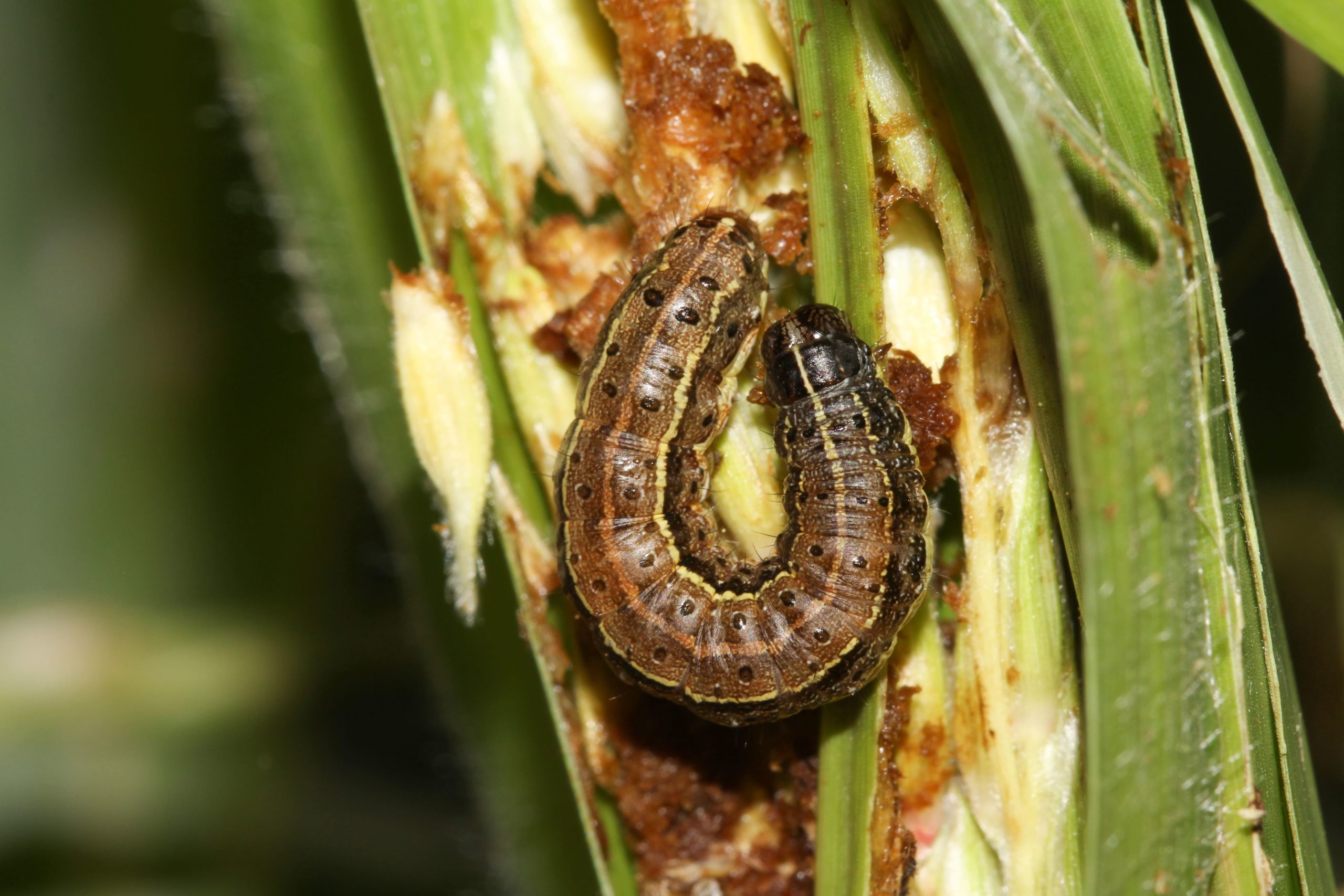
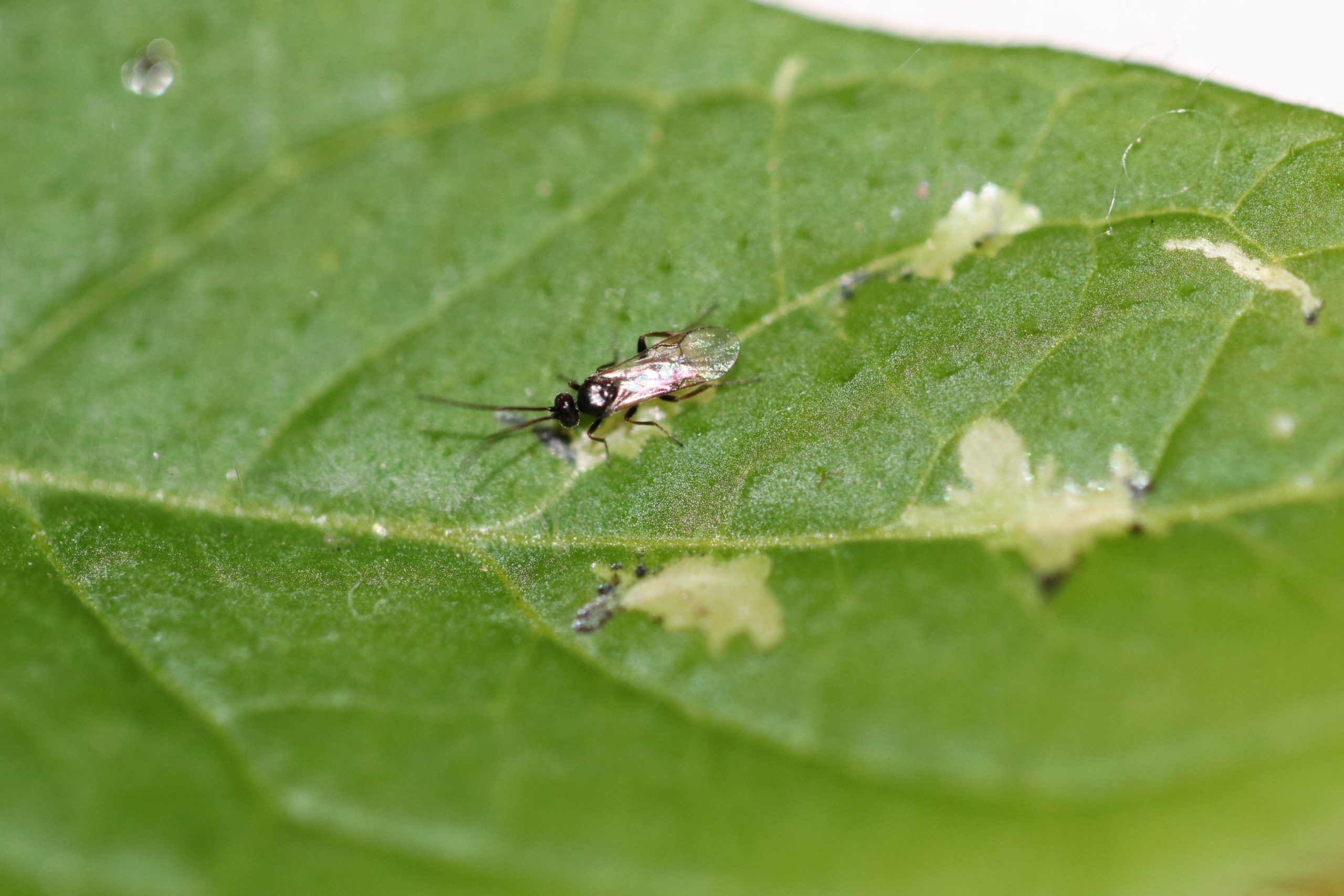
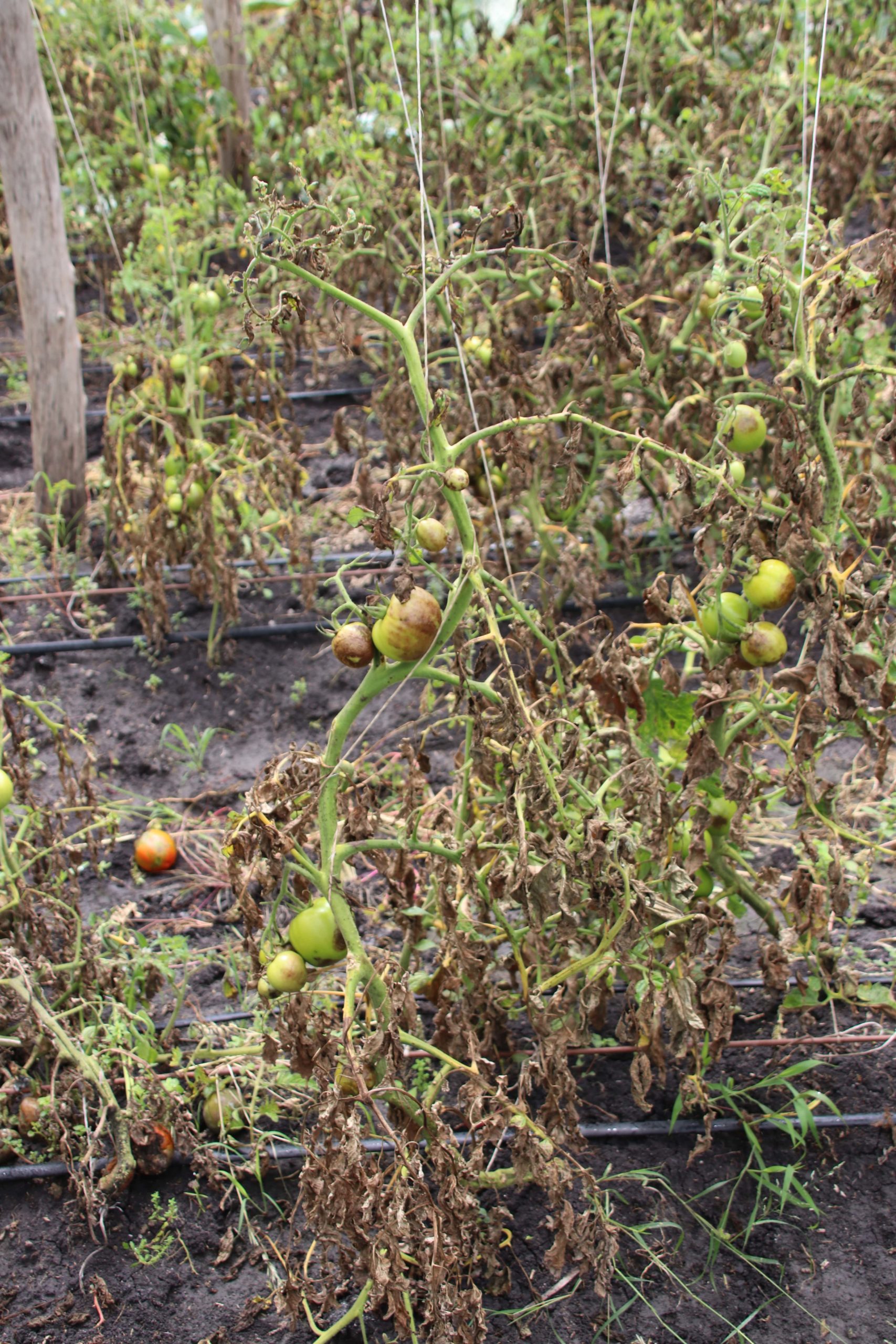
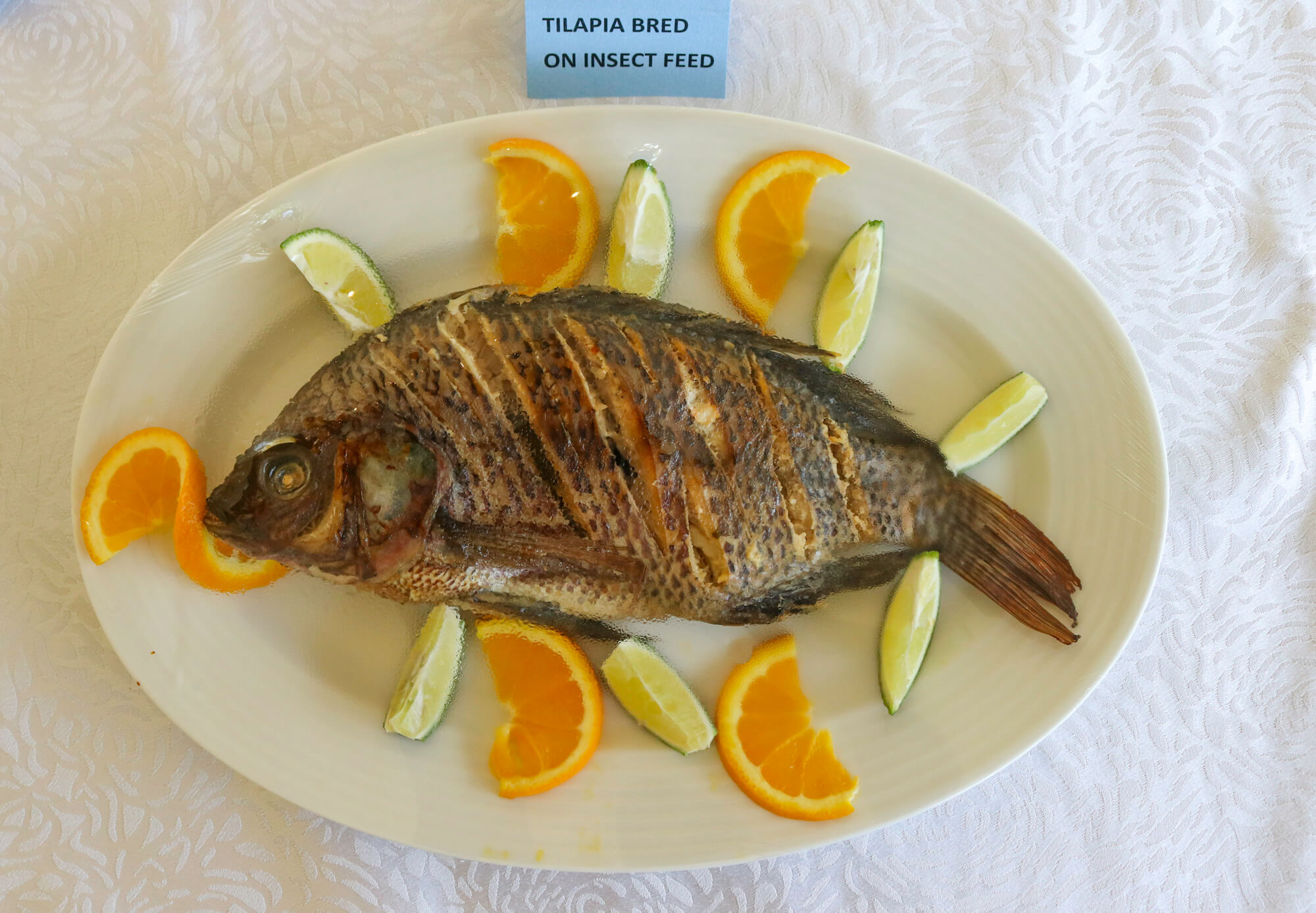


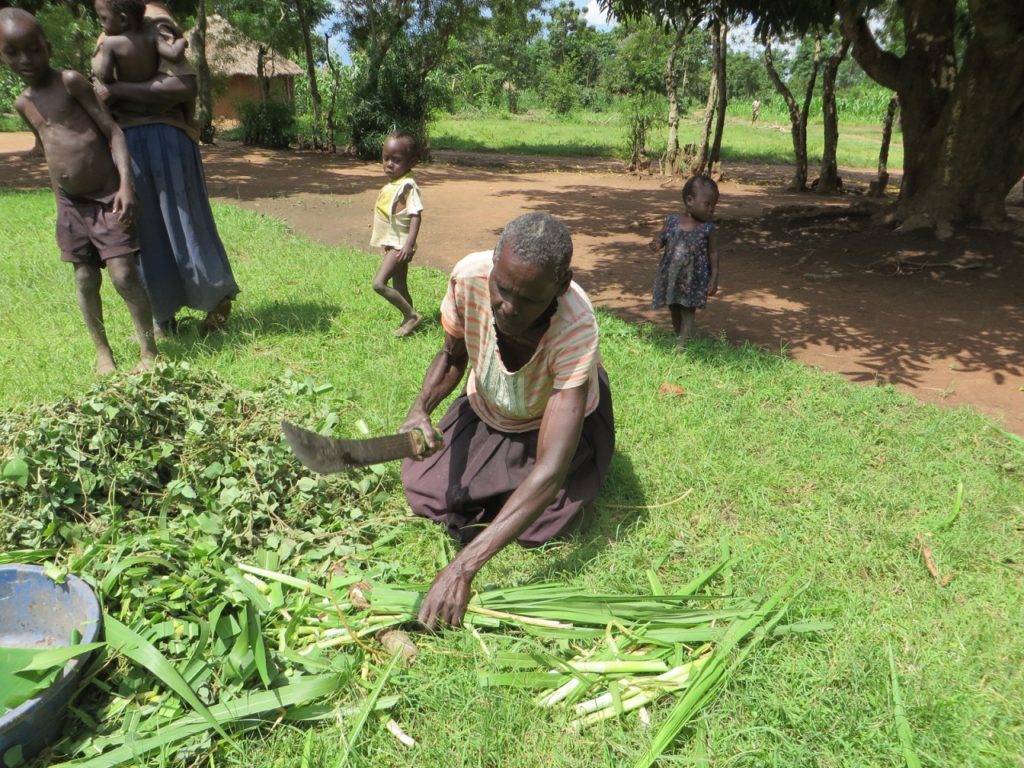
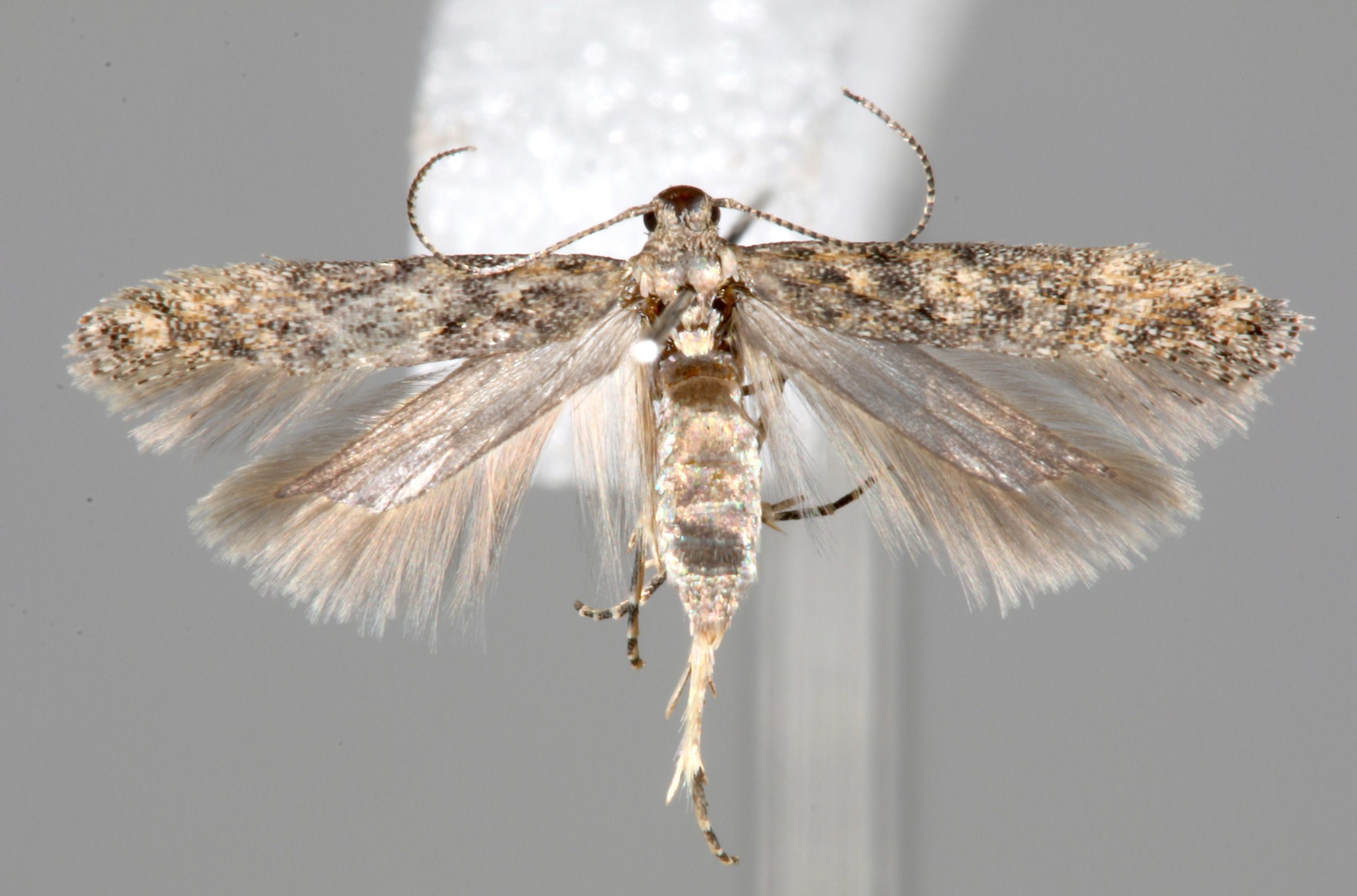
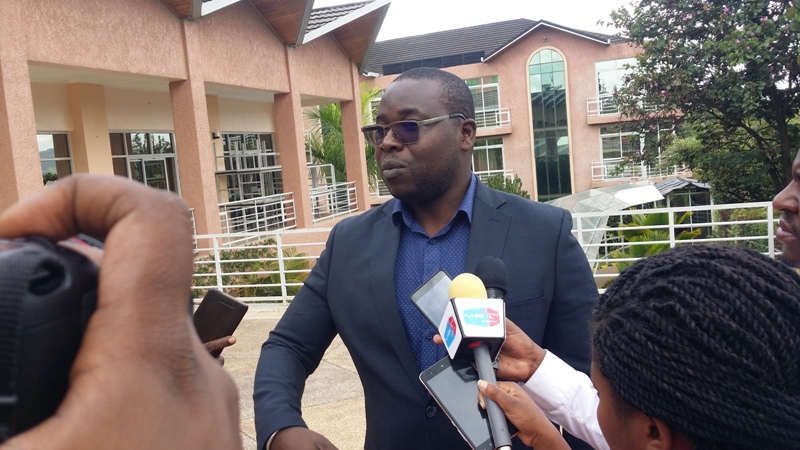
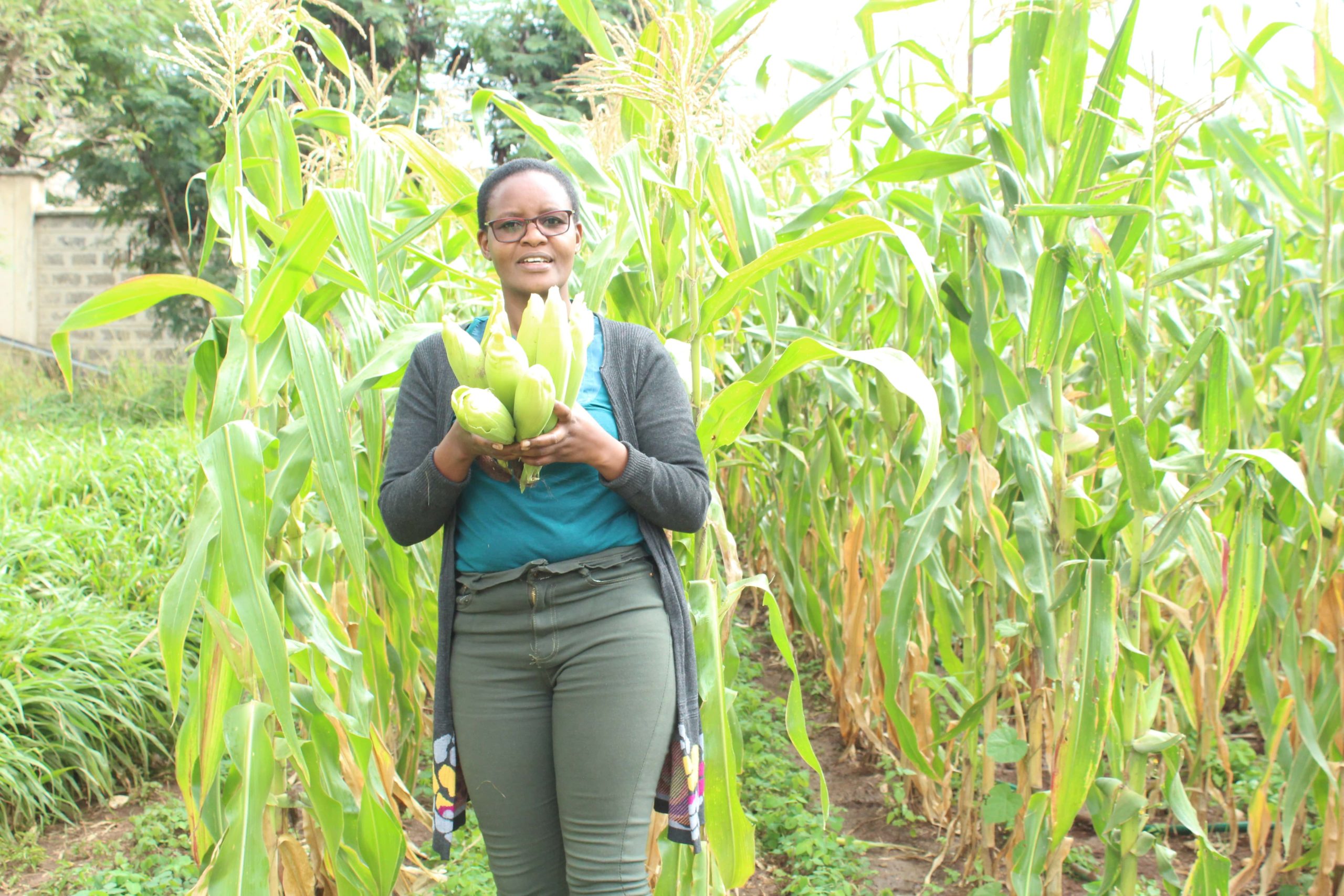
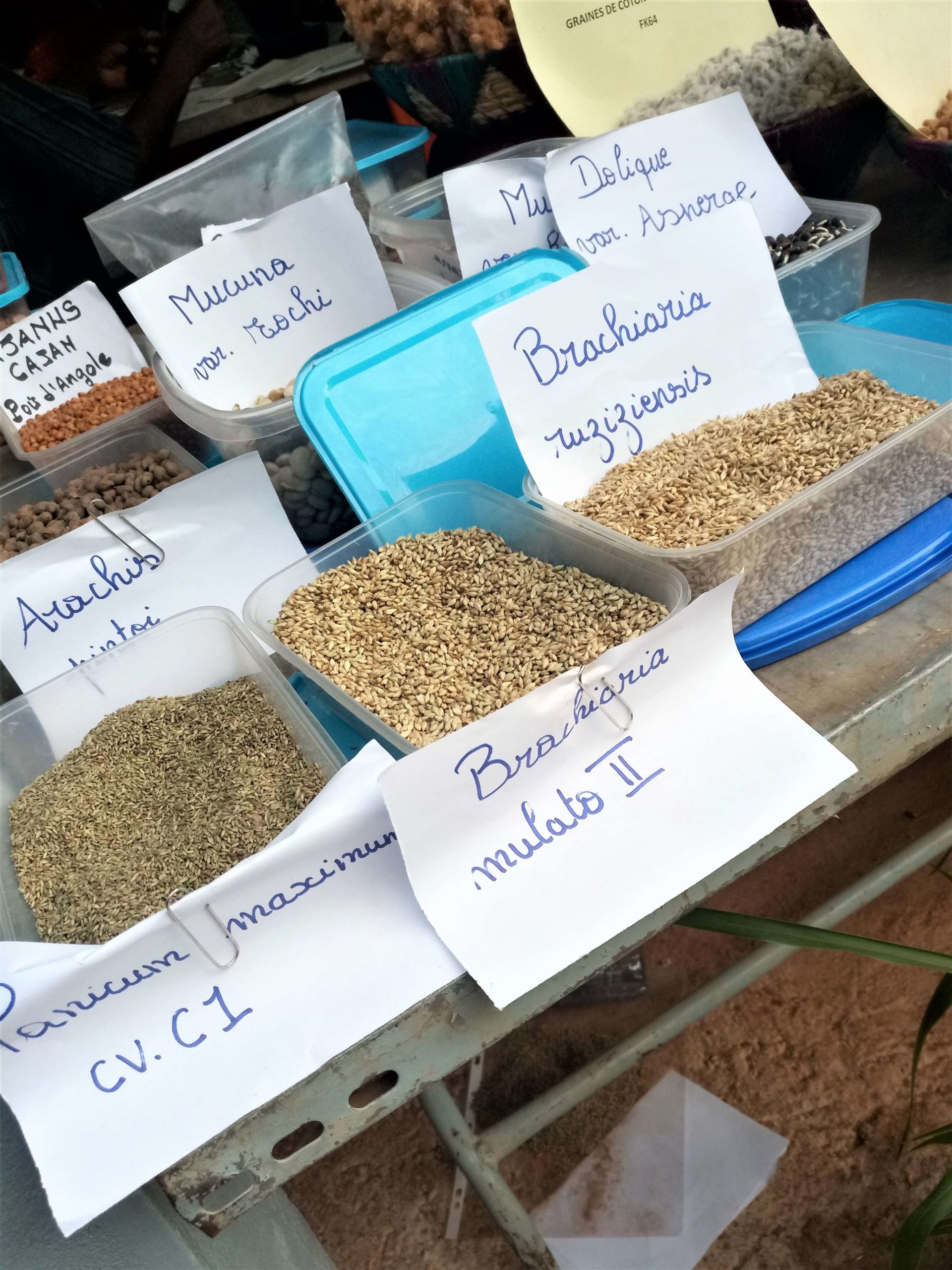
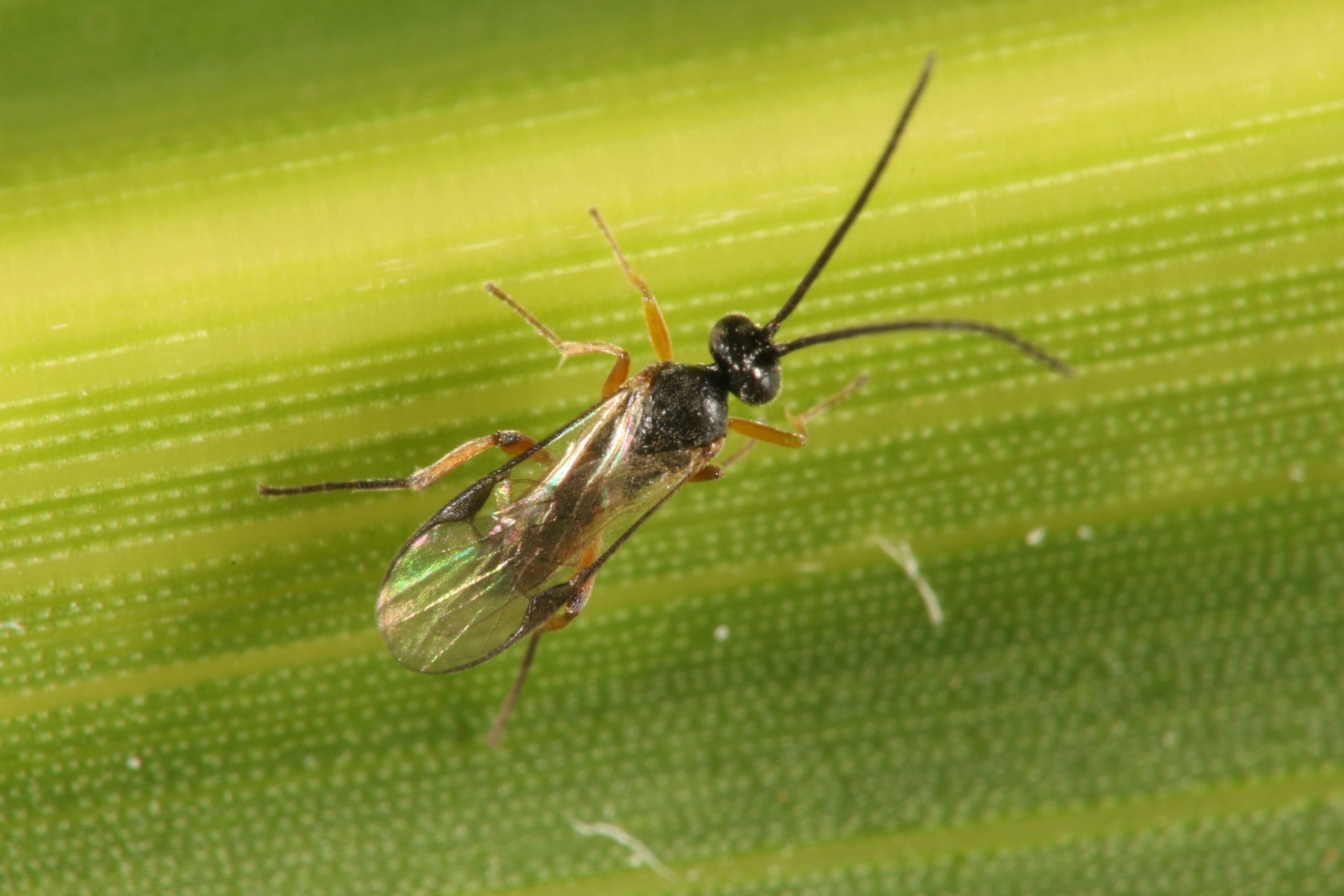
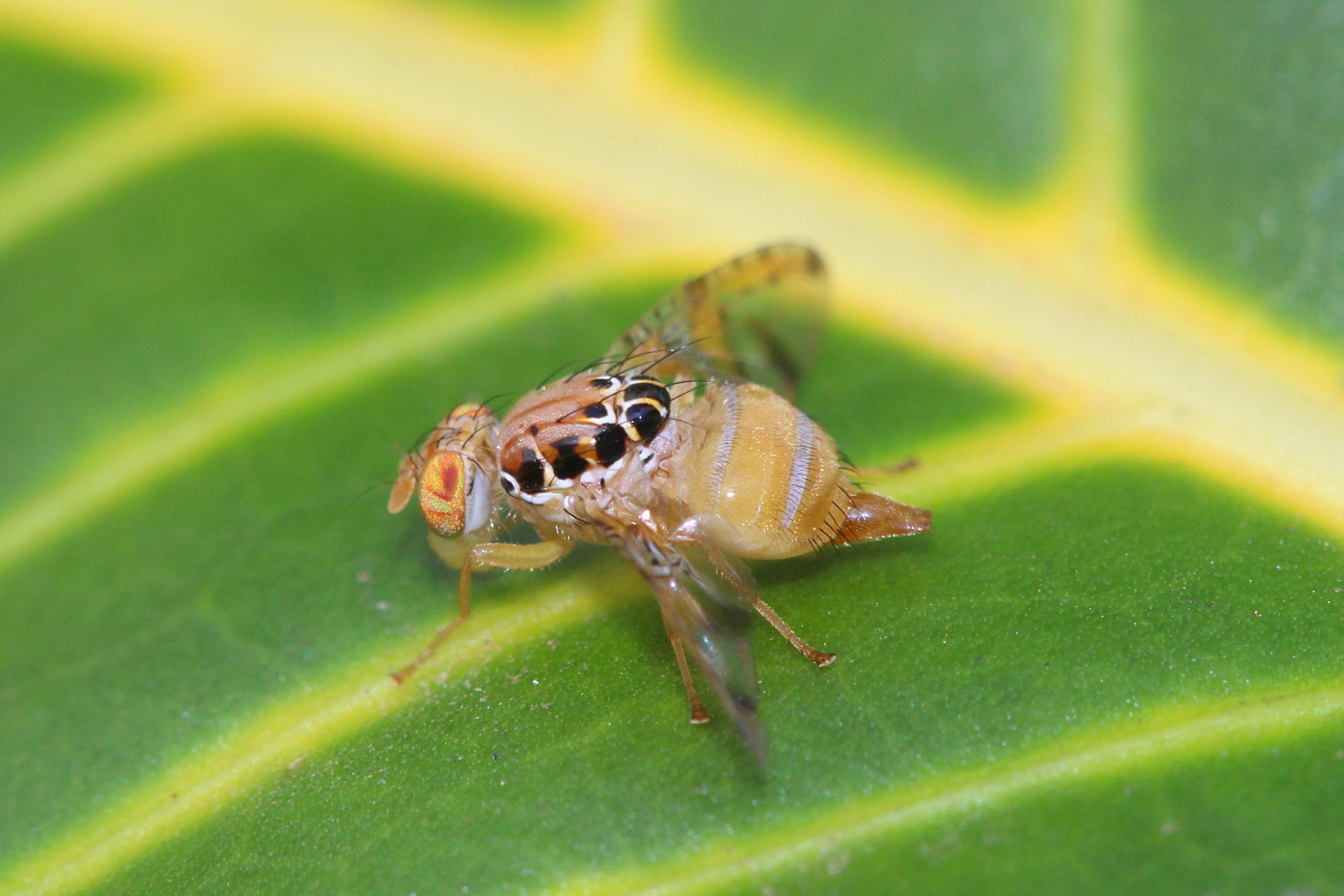

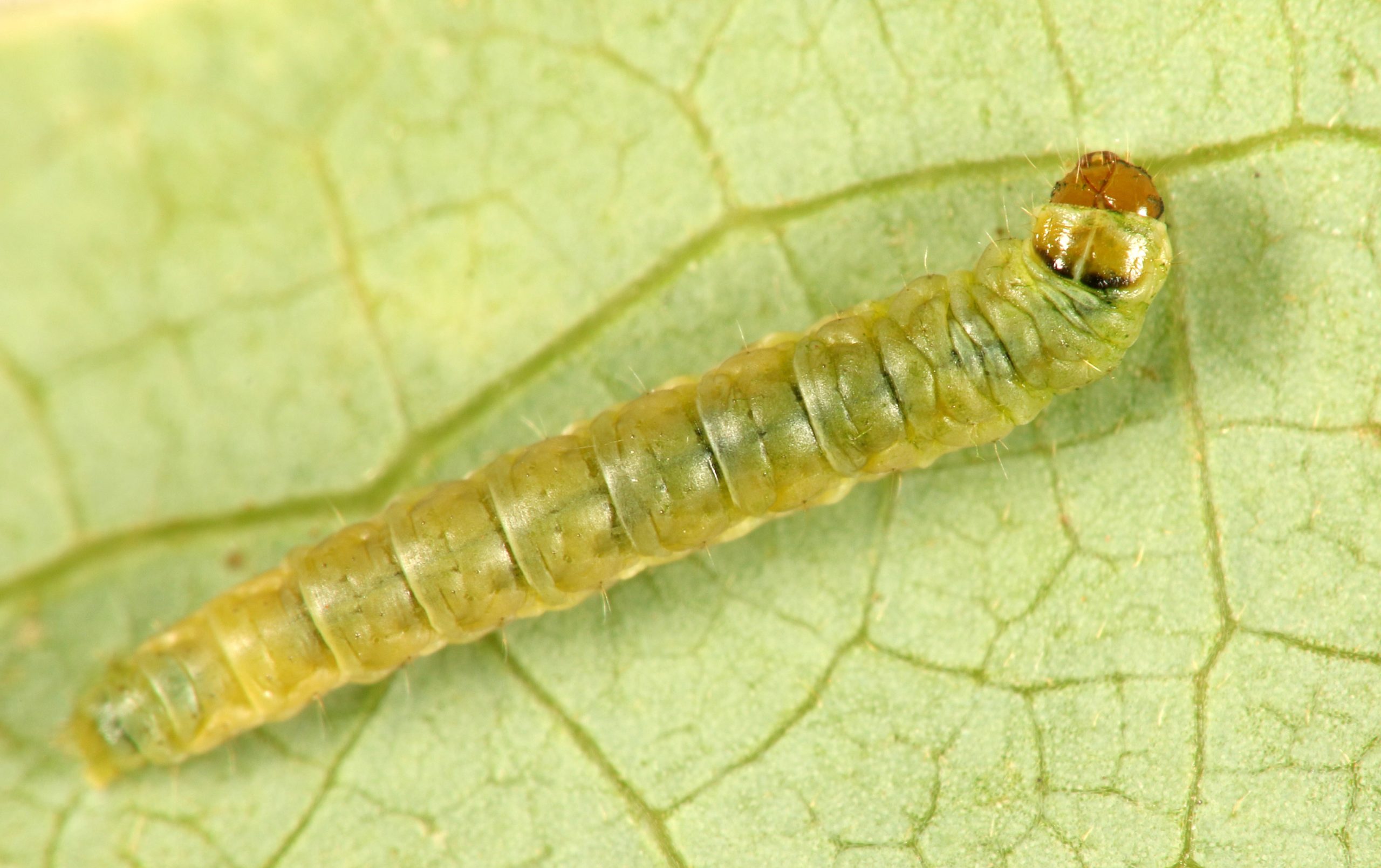
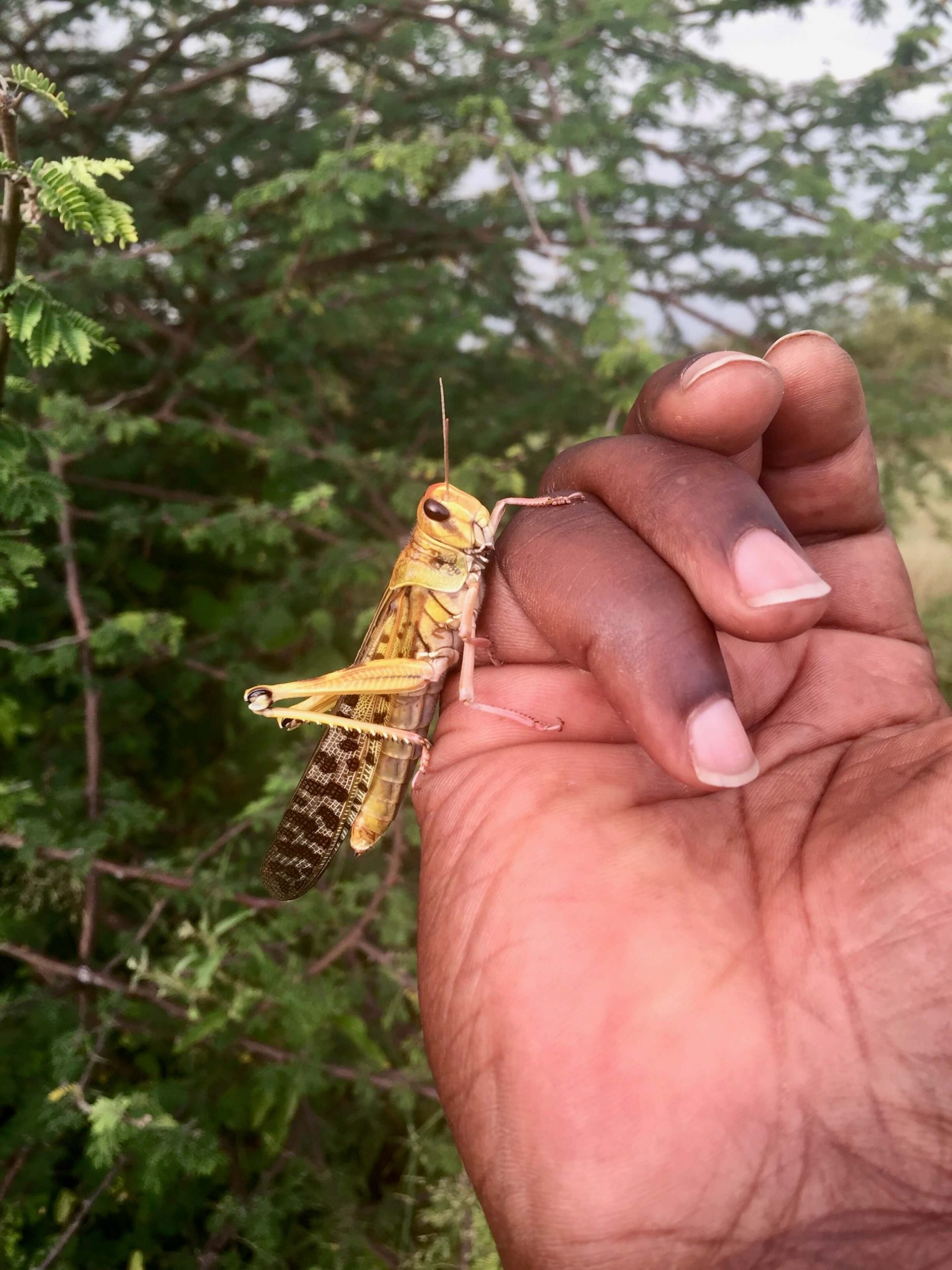
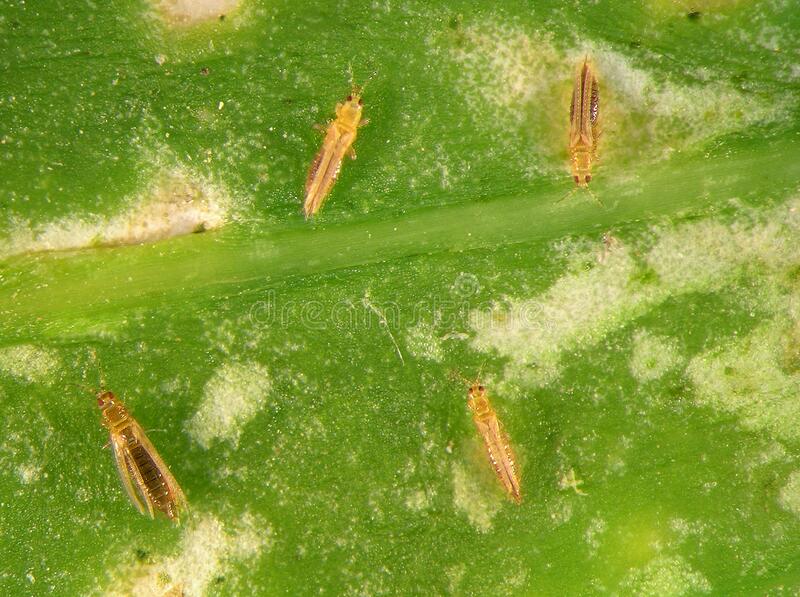
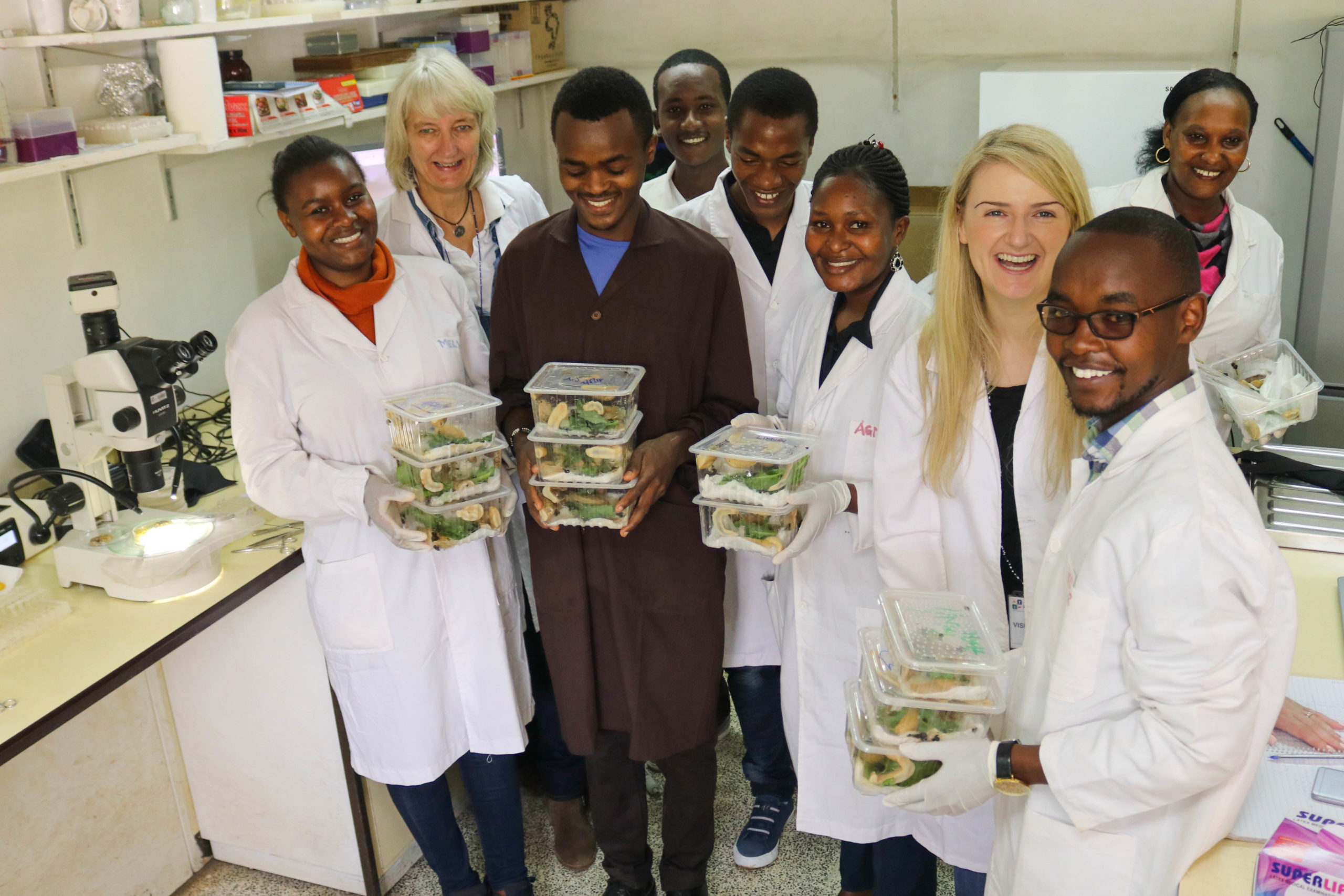
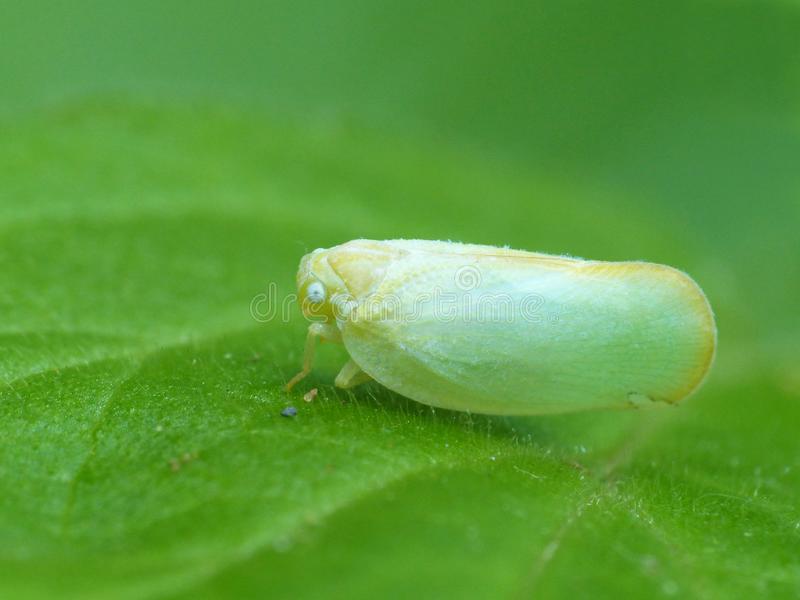
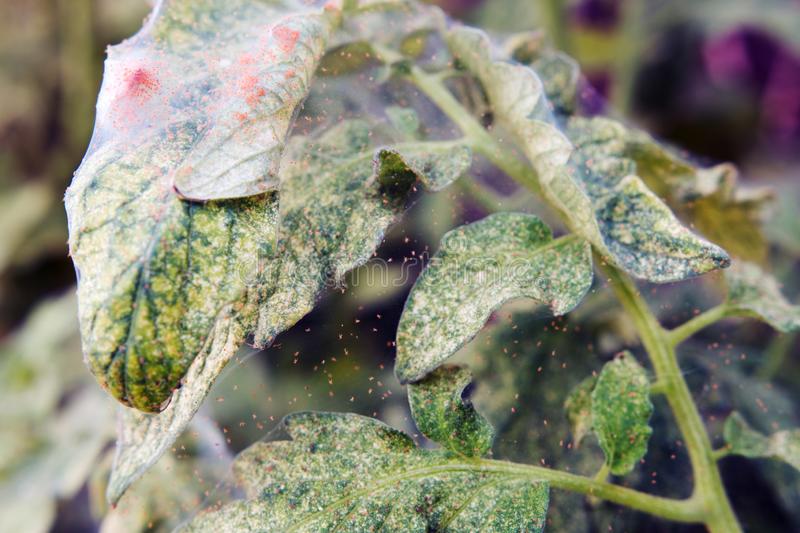
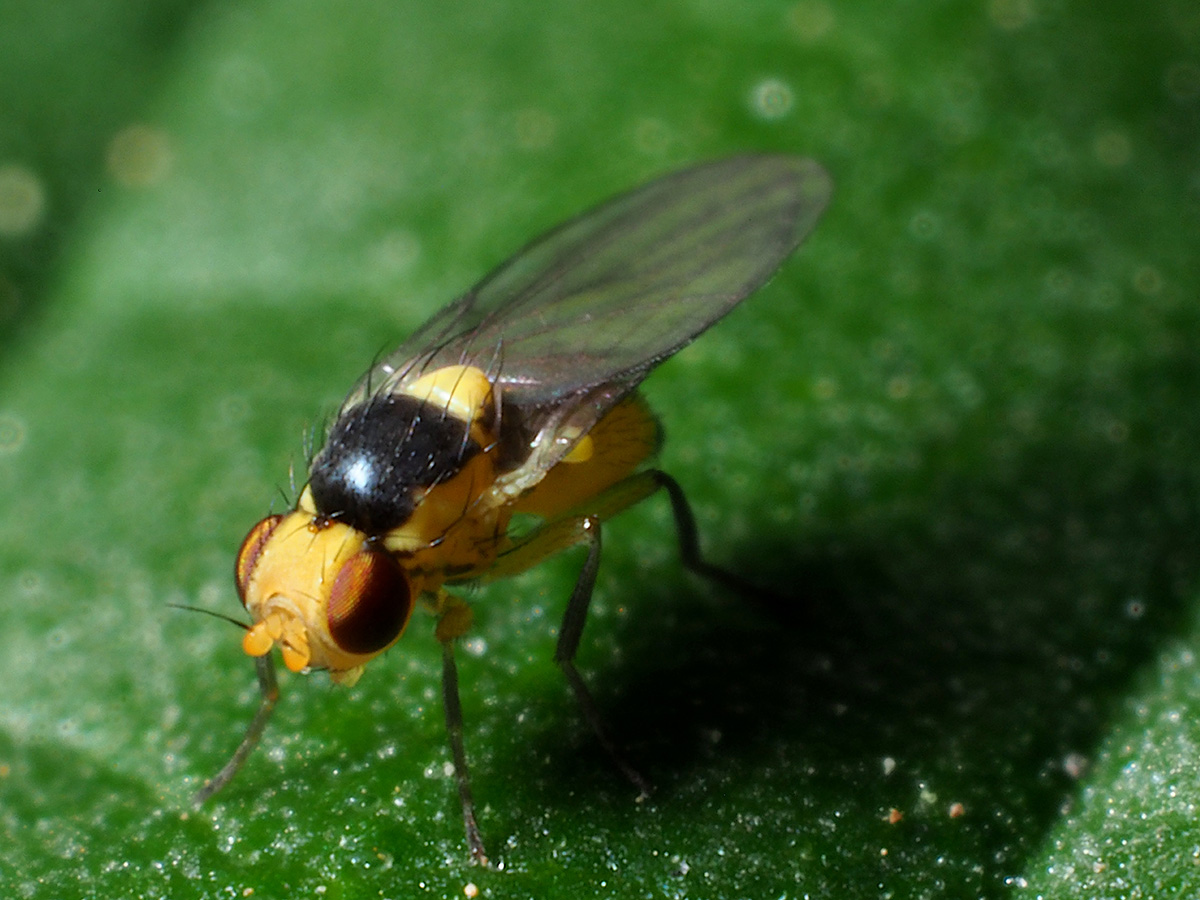
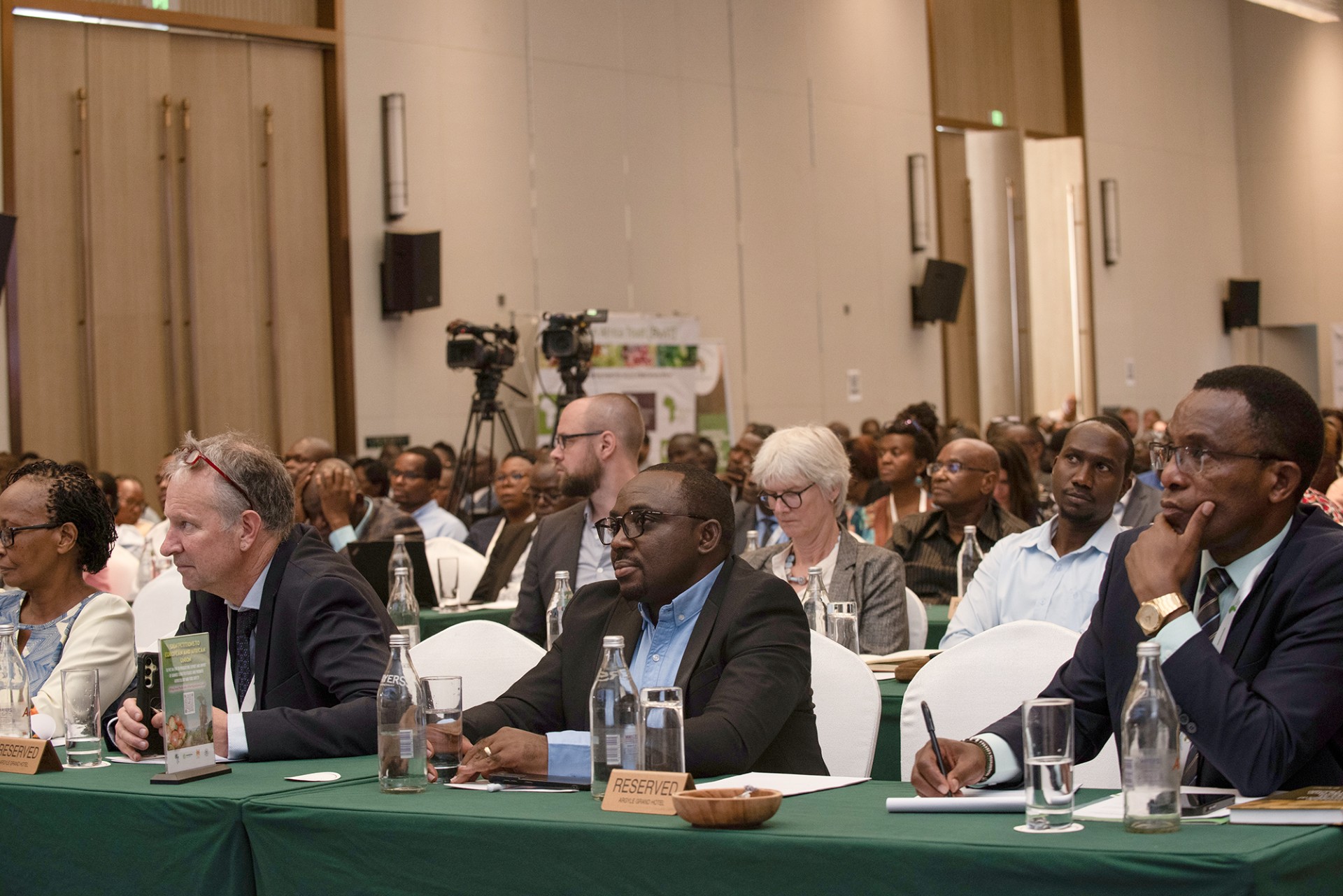;)
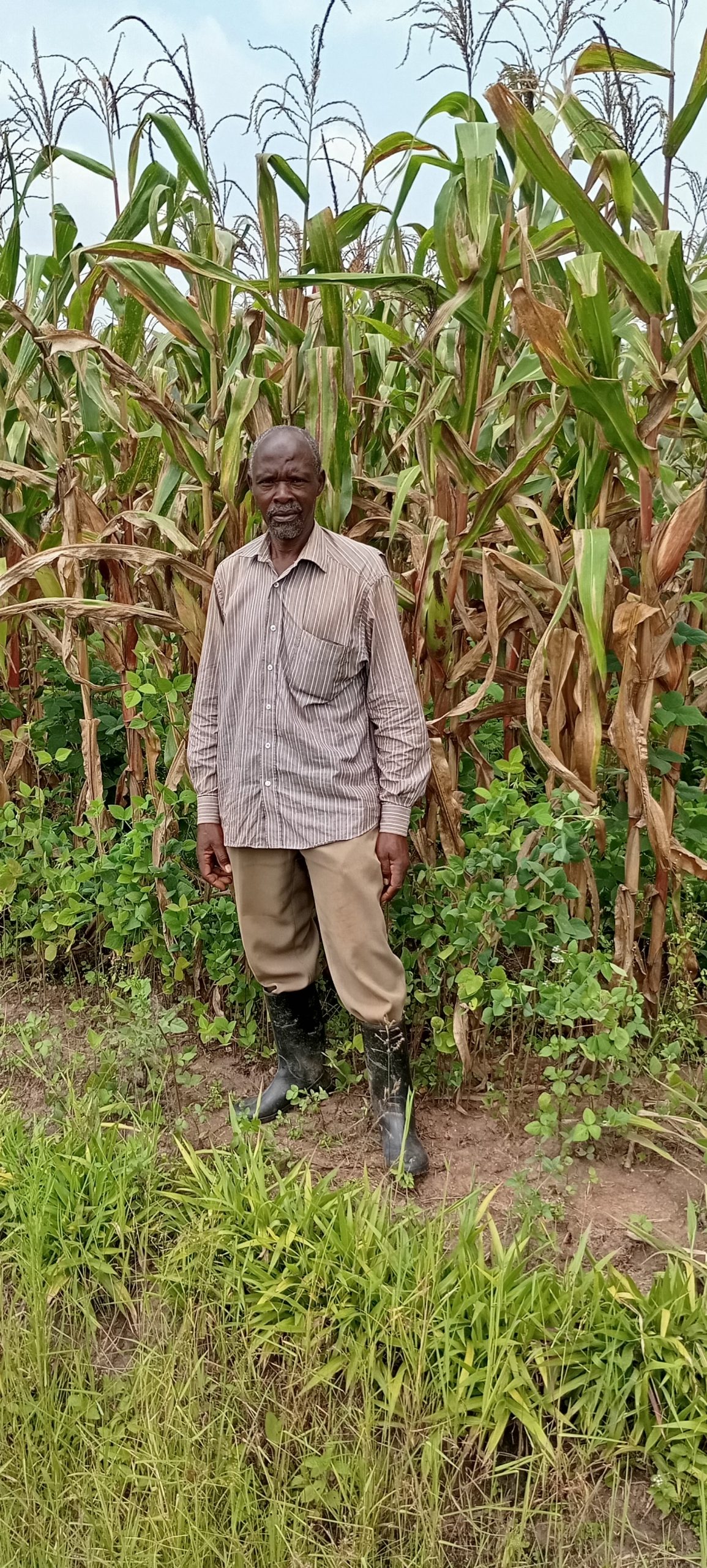;)
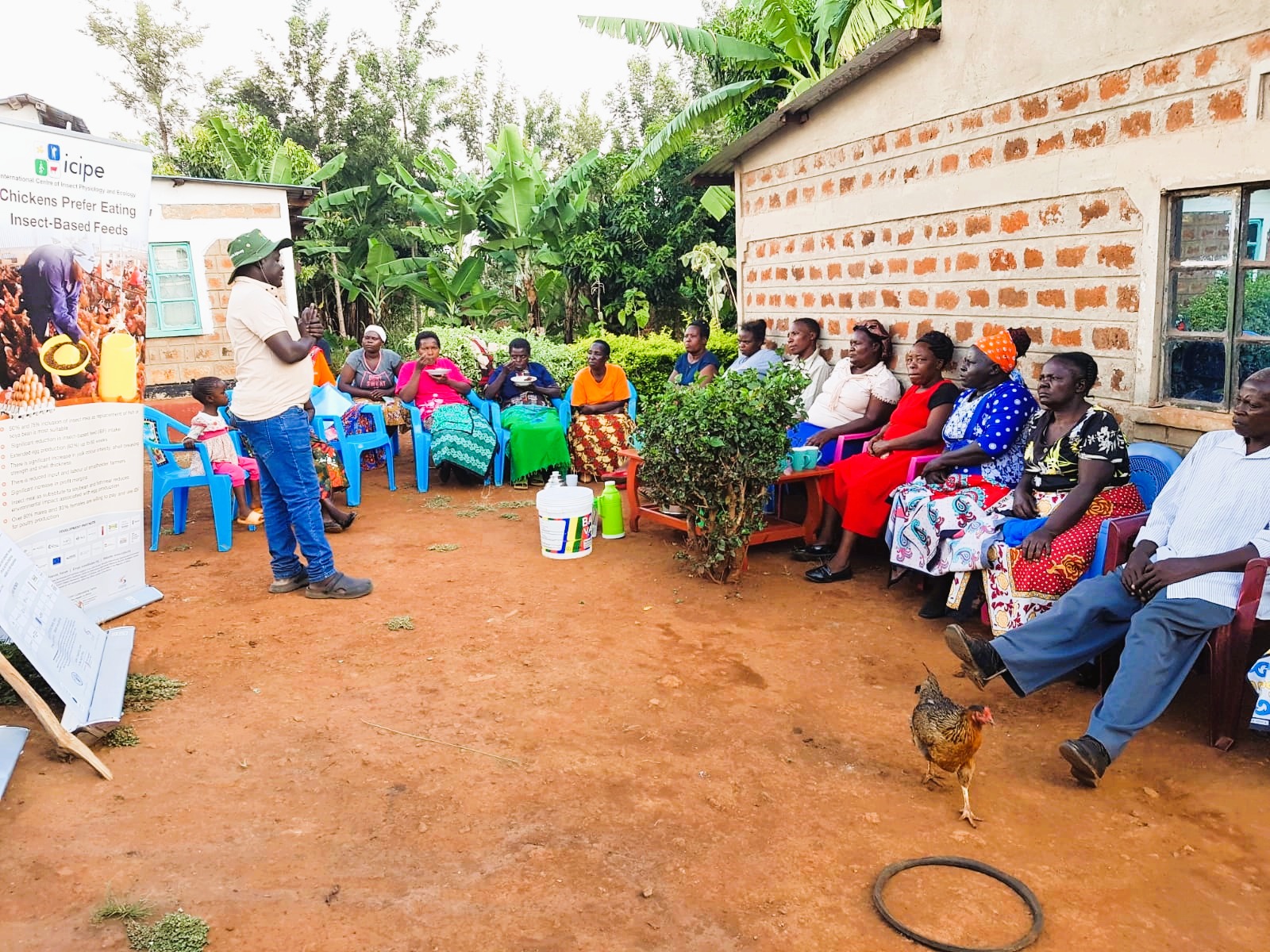;)
;)
;)
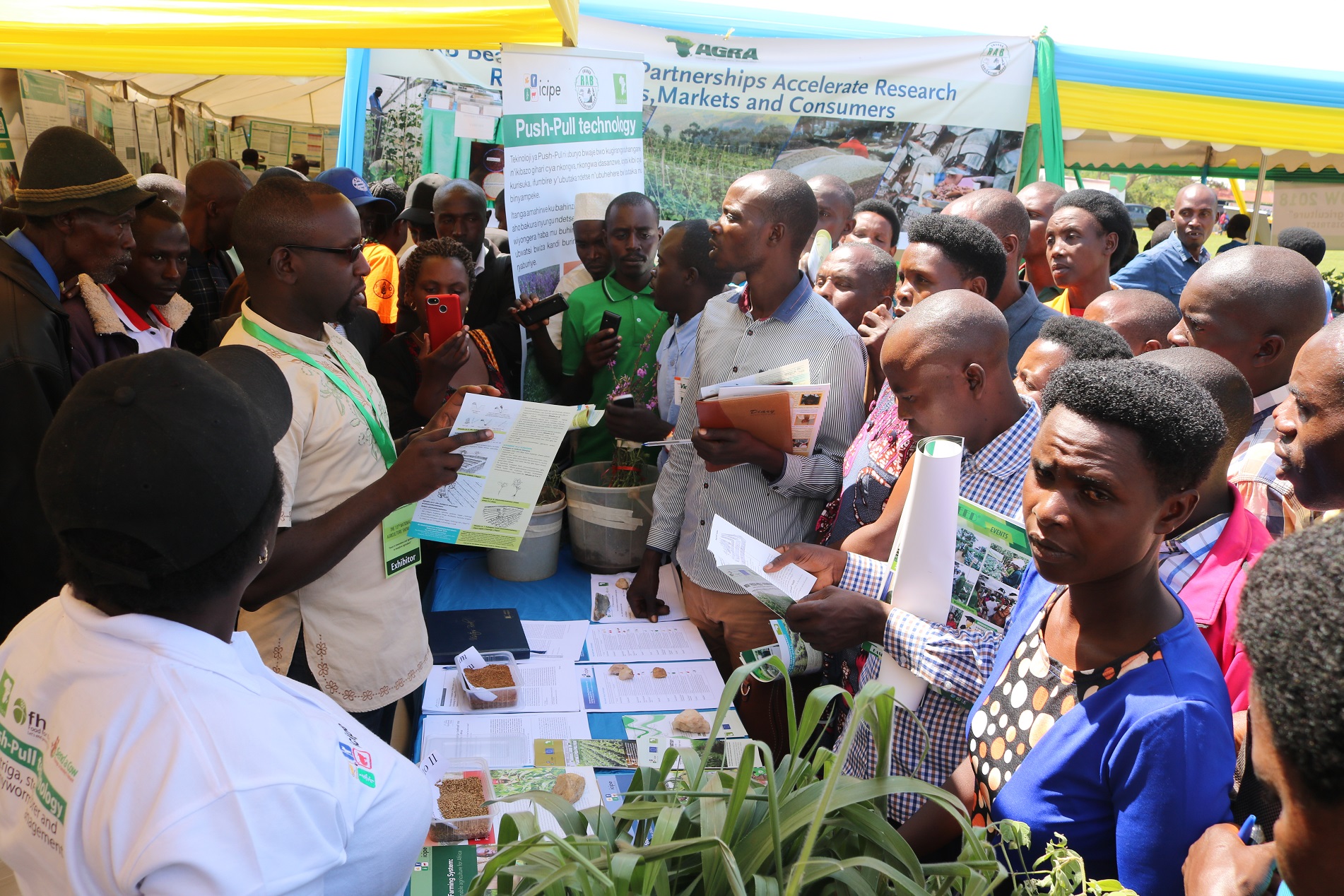;)
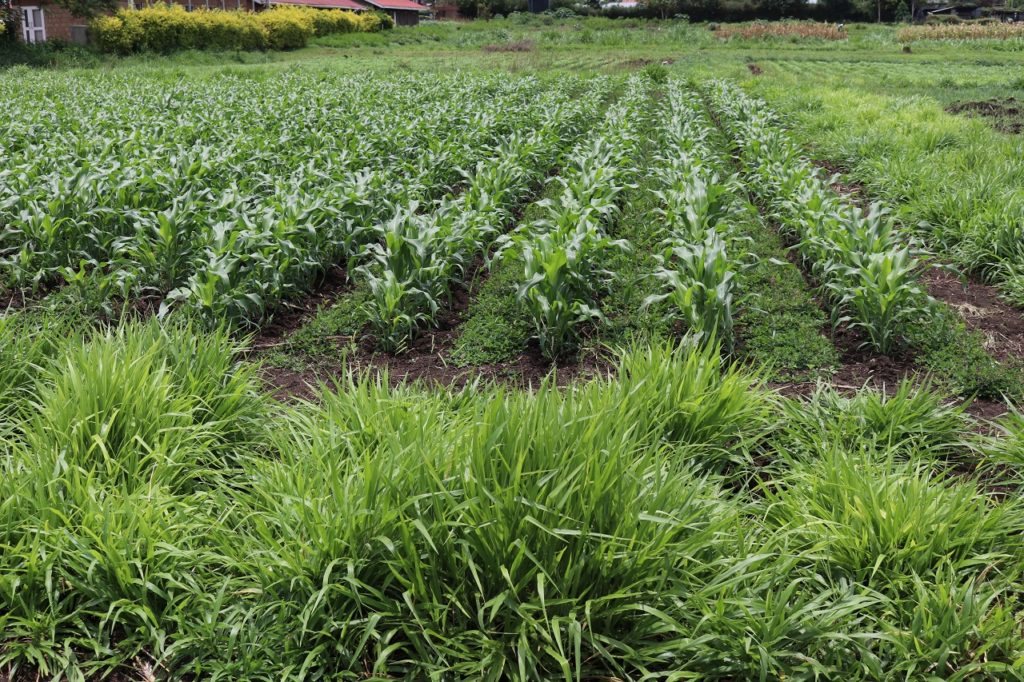;)
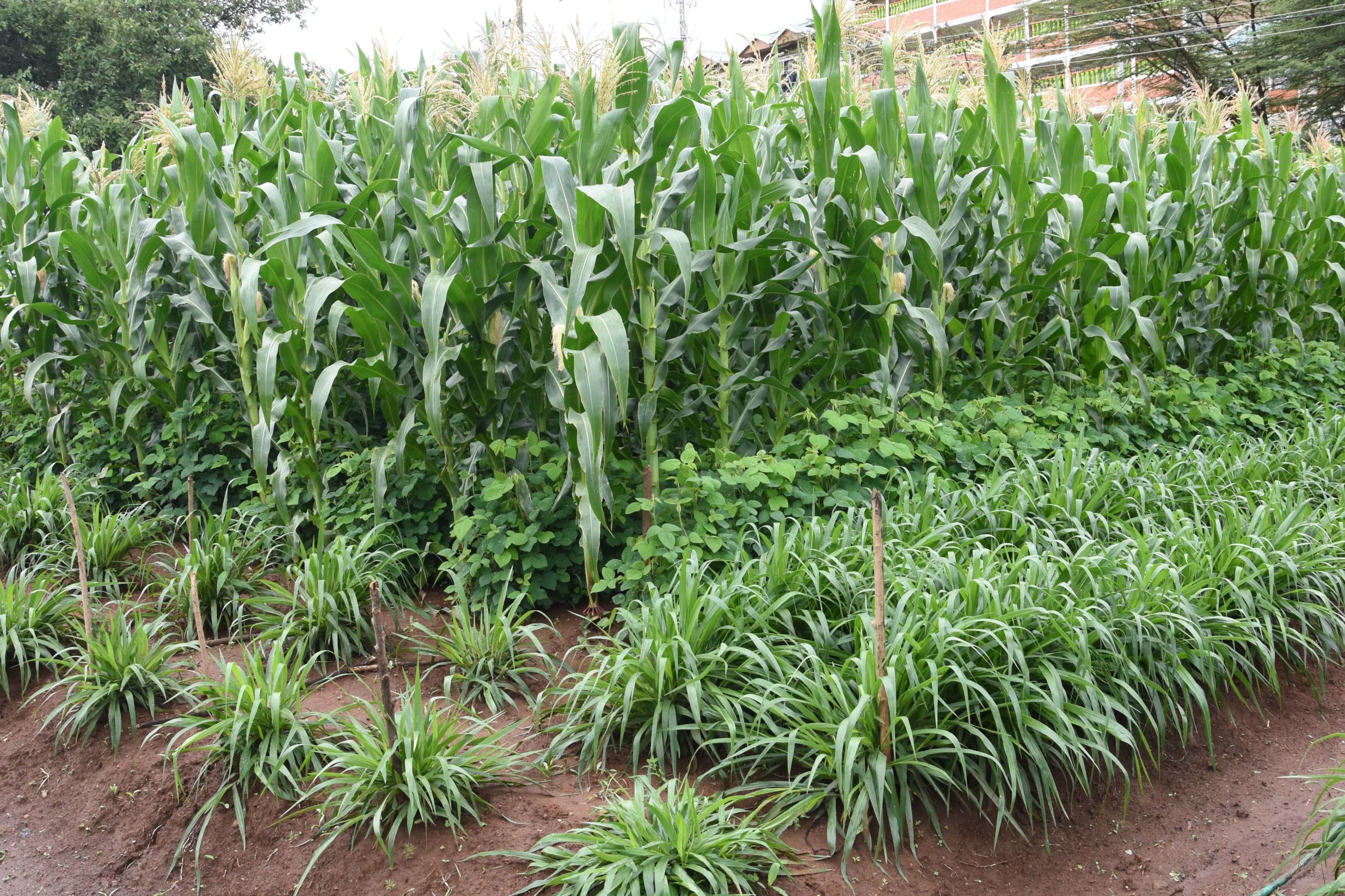;)
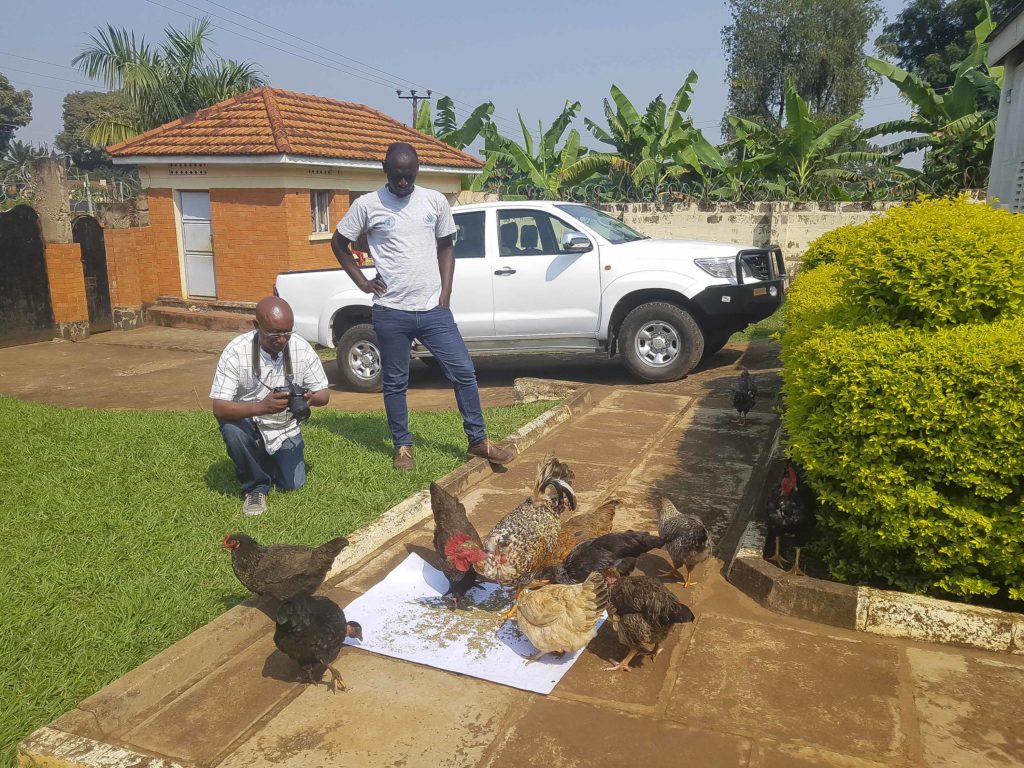;)
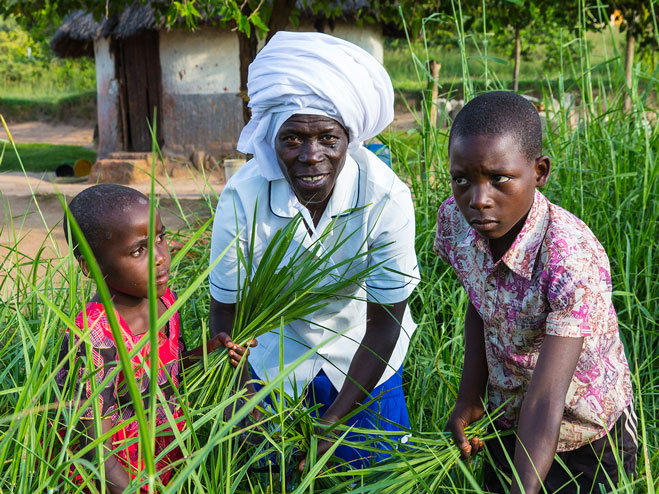;)
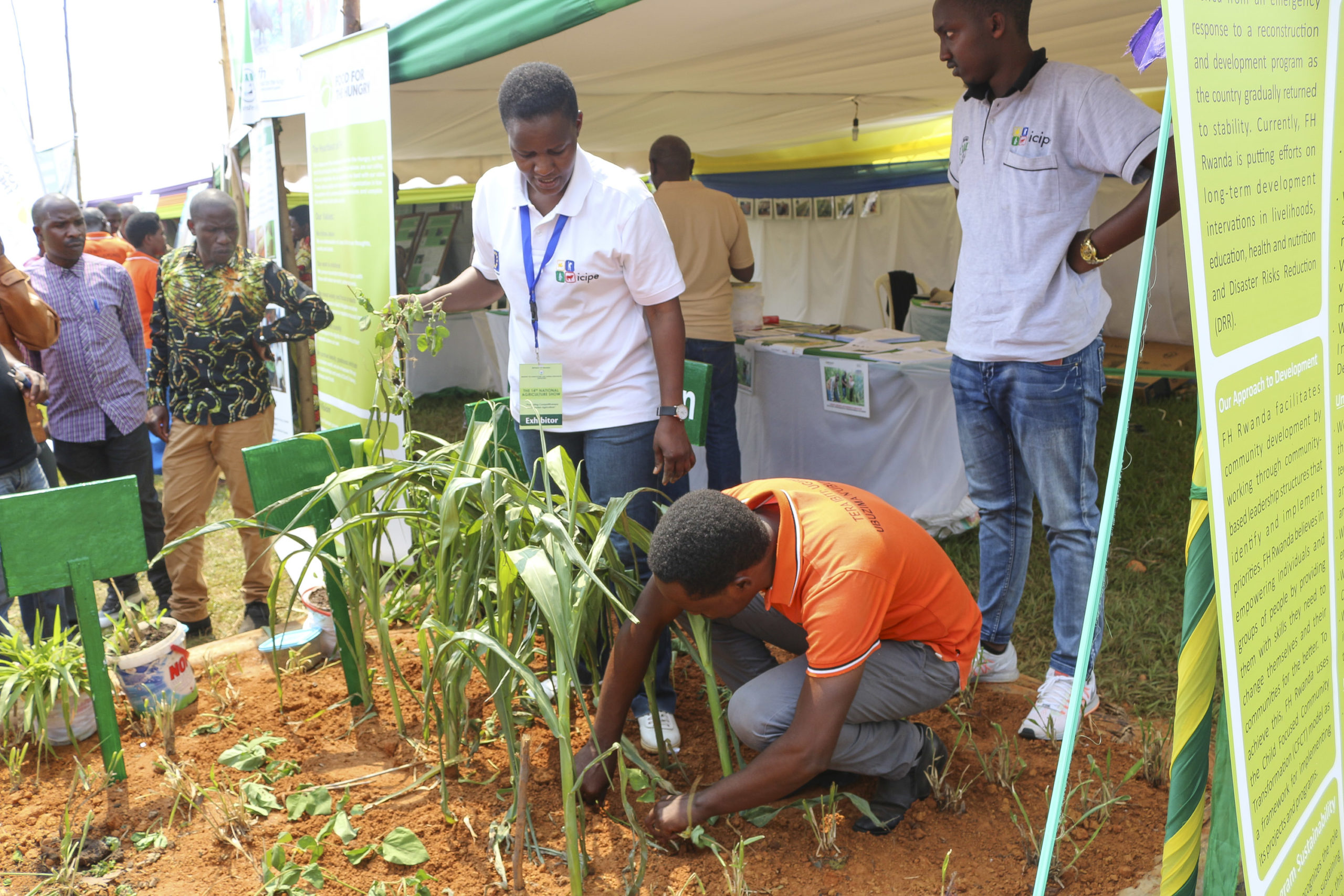;)
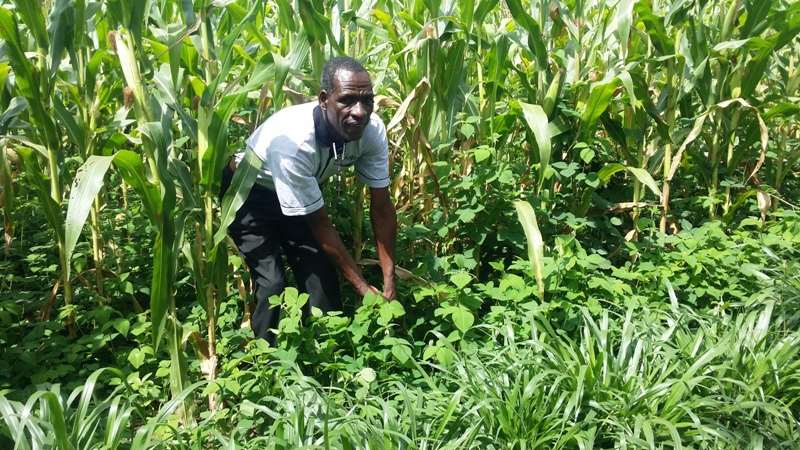;)








